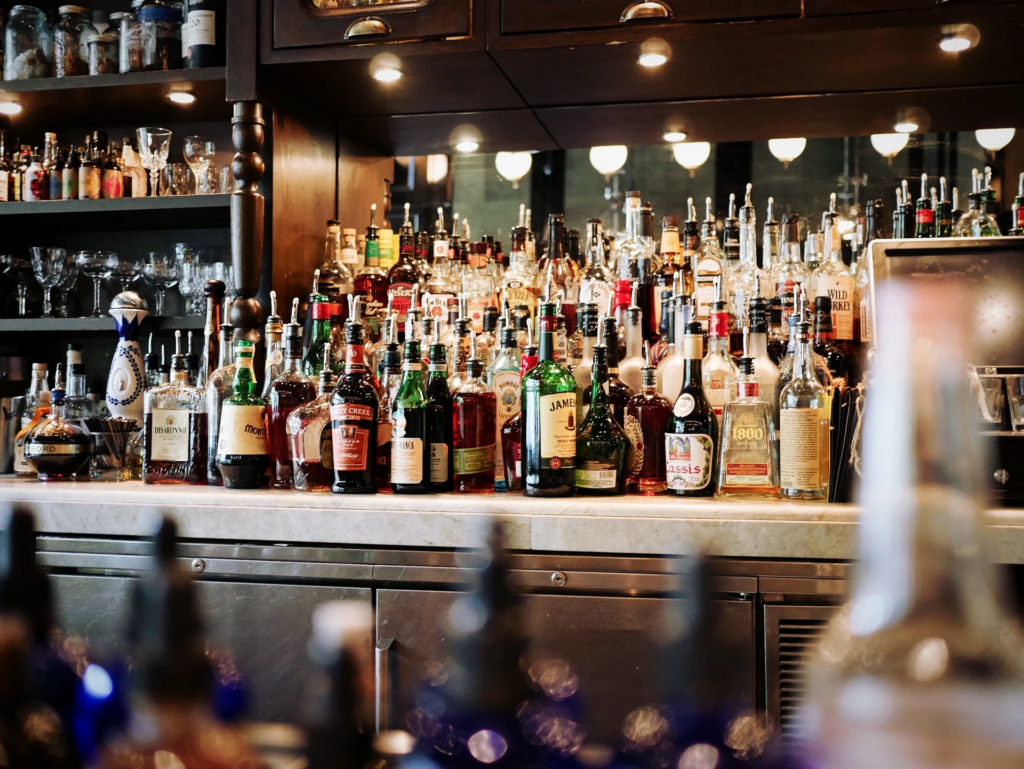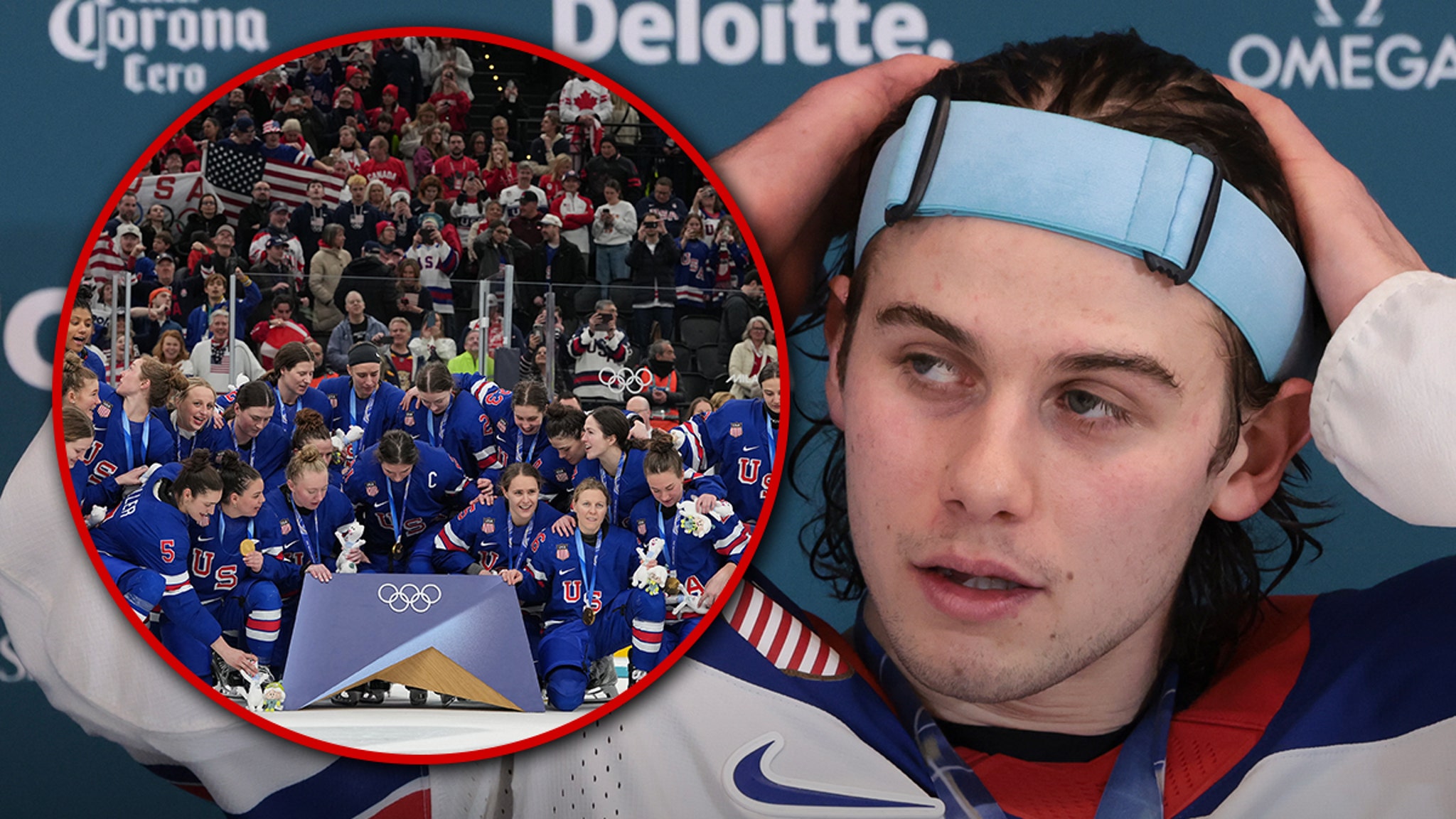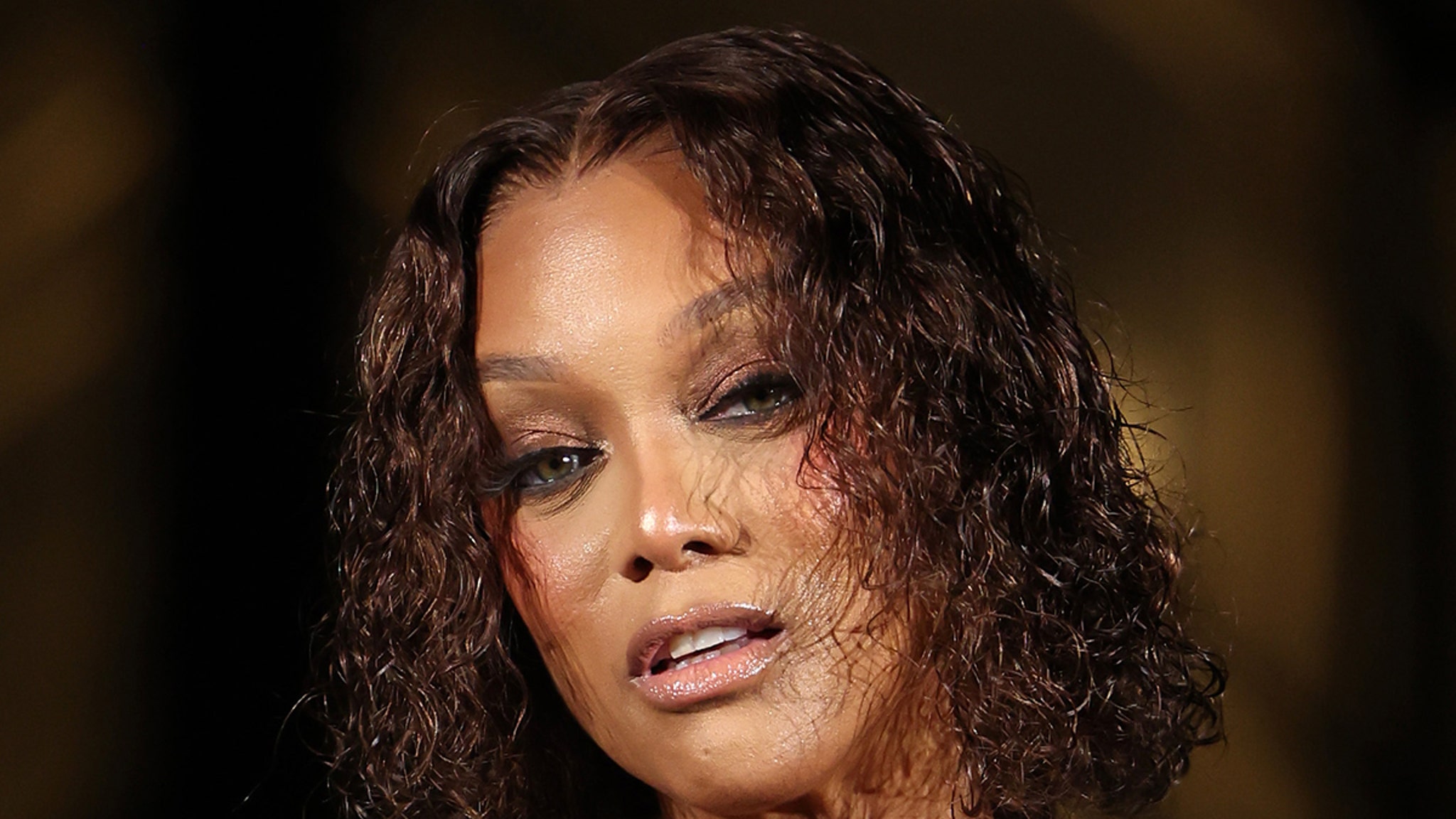In an effort to protect partygoers and ensure their safety, California is set to enforce a new law, AB 1013, starting July 1, 2024. This law mandates that all bars and nightclubs in the state keep testing kits on their premises to detect drugs commonly used for drink spiking, such as Rohypnol, ketamine, and GHB. The aim is to raise awareness and empower individuals to take control of their own safety while enjoying the nightlife.
RELATED STORIES: California Leads By becoming first State To Offer Health Insurance To All Undocumented Immigrants
AB 1013, proposed by California Democrat Josh Lowenthal, requires bar and nightclub owners to offer unexpired testing devices to their customers. These testing kits will be made available for purchase at a reasonable cost, based on the wholesale price of the devices, or provided for free. Additionally, establishments must display signage that reads: “Don’t get roofied! Drink spiking drug test kits available here. Ask a staff member for details.” Lowenthal also said that women and members of the LBGTQ communities are being targeted for sexual assault in bars and lounges.
“We have a crisis that’s taking place that’s resulting in sexual assault, that’s targeting primarily women and members of the LGBTQ communities. I have members of my staff that have been roofied. There are members of the legislative body that have been roofied,”
The testing kits mandated by AB 1013 will contain essential tools to detect “date rape drugs” in drinks. Each kit will include a straw, sticker, and strip specifically designed to identify the presence of drugs like Rohypnol, ketamine, and GHB. By offering these kits, bars and nightclubs aim to empower their customers to take proactive measures to ensure their safety and prevent incidents of drink spiking, as reported by Law And Crime.
RELATED STORIES: California Approves Policies To Covert Sewage Waste To Drinking Water
The need for legislation like AB 1013 is underscored by alarming statistics surrounding drink spiking incidents. According to a study conducted by the federal Office on Women’s Health, between 2010 and 2012, a staggering 11 million people reported being raped or assaulted while intoxicated, drunk, drugged, or high. In 2016, a study published in the medical journal “Psychology of Violence” revealed that the prevalence of drink spiking was even more widespread than initially believed.
The study surveyed 6,000 students across three colleges, with nearly 500 respondents reporting being drugged before, accounting for almost 8% of the sample. Shockingly, the survey also found that 83% of those surveyed admitted to having drugged someone else. These statistics highlight the urgent need to address the issue and protect vulnerable individuals.
California has not been immune to the dangers of drink spiking. Last August, a significant quantity of GHB, commonly known as the “date rape drug,” was seized at a nail salon in San Francisco. Law enforcement officials discovered 3.5 kilos of the drug, equivalent to over 3,500 doses. This incident serves as a stark reminder of the importance of taking proactive measures to prevent drug-facilitated crimes.
Joanna Lioche, a staff manager at Vesuvio, said she’s noticed patron’s drinks being touched and uses caution by getting rid of the drink. “I worked here for a long time and I’ve seen people sort of touch other people’s drinks that I immediately just get rid of the drink because I just I think that’s you have to be careful,” she explained to ABC 7.
“There are many women, especially, who will come in and they’ll have to use the restroom and they’ll ask me to watch their drink and I’ll say, ‘I’m going to take your drink and put it behind the bar and just put a glass of water there so they don’t lose their seat,”







